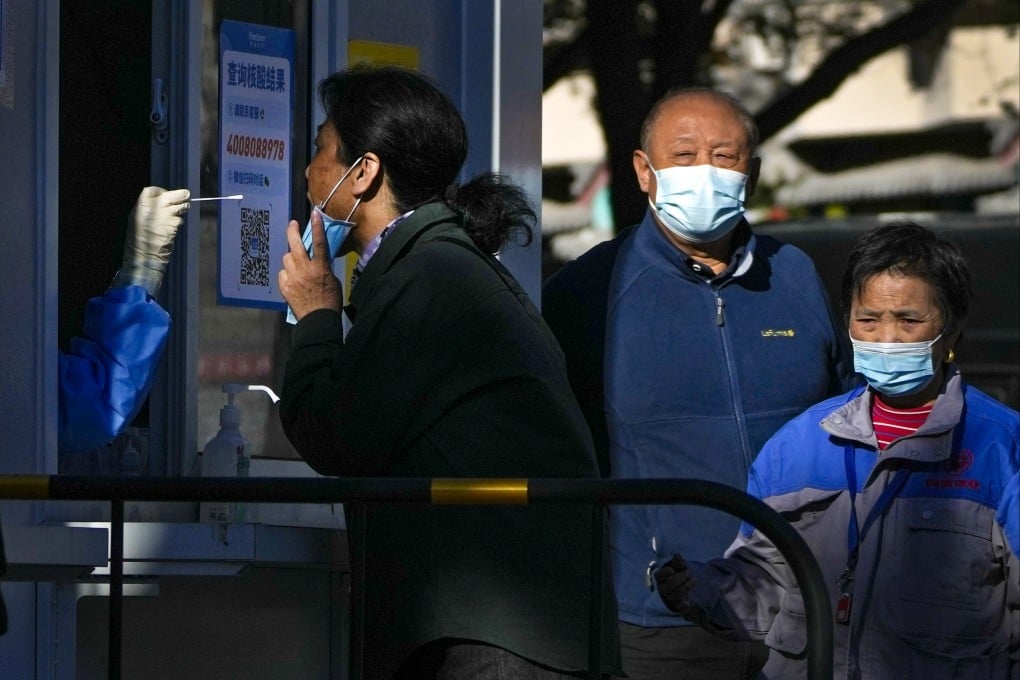Editorial | Refinements needed as Beijing stands by zero-Covid policy
- China has made it clear controls must remain in place and there are no plans to relax them, but they could be made more humane and scientific

China is the odd man out. The world’s second-biggest economy continues to live with the handicap of a zero-Covid policy. This entails restrictions and disruption that come at a heavy price to growth.
There were hopes for relief following the current national party congress, but a series of articles in official mouthpiece People’s Daily dashed them. They drove home the message that controls must remain in place, and there is no timetable for their relaxation.
Apart from the economic costs, the urban majority are becoming increasingly frustrated with lockdowns and restrictions, which also discourage foreigners. There is a perception that China risks looking isolated. The central government must therefore have strong reasons for continuing to insist on zero tolerance of Covid.
One is population ageing and density, along with resistance to vaccination among the elderly. According to the National Health Commission, last month about 17 per cent of over-65s remained unvaccinated, and an even greater proportion of those aged over 80.
If China were to “live with the virus”, there are real concerns about the capacity of the health system to cope and fears of hundreds of thousands or more deaths.
That is why President Xi Jinping listed the zero-Covid policy among the achievements of the past five years in his opening address to the national party congress, saying it had helped the country weather the storm.
